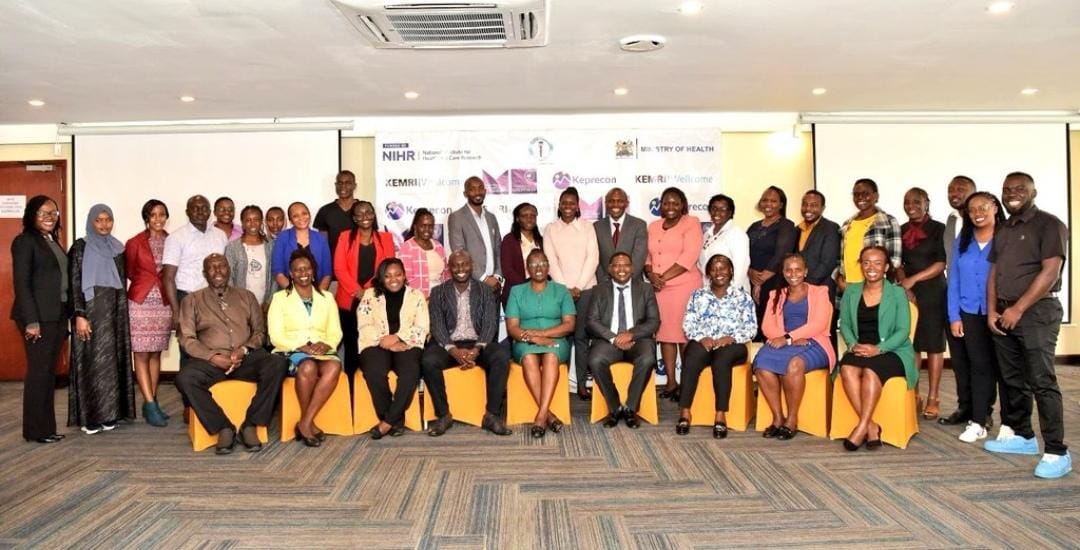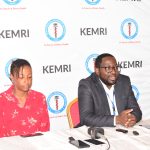By Peace Muthoka.
Nairobi, August 15, 2025 — A new study has warned that severe nurse shortages in Kenyan hospitals are putting newborns at great risk, despite the availability of modern medical technologies.
The research, conducted under the Harnessing Innovation in Global Health for Quality Care (HIGH-Q) project, found that sick babies in public hospitals receive only a fraction of the care they need. In some cases, a single nurse was responsible for more than 25 babies during one shift. This left them with just 30 minutes per child in a 12-hour period—far below global standards.
Although child mortality has declined worldwide, neonatal deaths remain high in sub-Saharan Africa. Kenya has invested in better medical equipment, but researchers say these gains are undermined by too few nurses to deliver consistent care.
“Nurses are central to newborn survival,” said Prof. Mike English, the study’s lead investigator. “They monitor, feed, medicate, and respond to emergencies around the clock. Yet, extreme workloads make it impossible for them to provide even the most basic care.”
The study, carried out in eight county hospitals, also revealed the heavy emotional burden on both mothers and nurses. Many mothers reported stress, stigma, and confusion due to poor communication. Nurses, overwhelmed by impossible demands, faced burnout, exhaustion, and emotional strain.
Overcrowded wards, poor layouts, and a lack of private spaces made matters worse. Hygiene, safety, and dignity were compromised, further affecting the quality of care.
To explore solutions, the project tested three interventions. Hiring extra nurses improved care slightly, but staffing remained far below safe levels. Introducing ward assistants helped ease workloads by taking on routine tasks such as cleaning and supporting mothers. Training nurses on communication skills also strengthened their ability to engage with families and colleagues.
The researchers are now calling for urgent reforms. They recommend more nurses in newborn units, better hospital layouts, permanent ward assistant roles, and regular communication training.
Prof. Elijah Songok, Director General of KEMRI, stressed the importance of acting on these findings. “This study is a wake-up call. Workforce development is key to a resilient health system. Every newborn deserves quality care, and we must strengthen our workforce to make that possible.”










